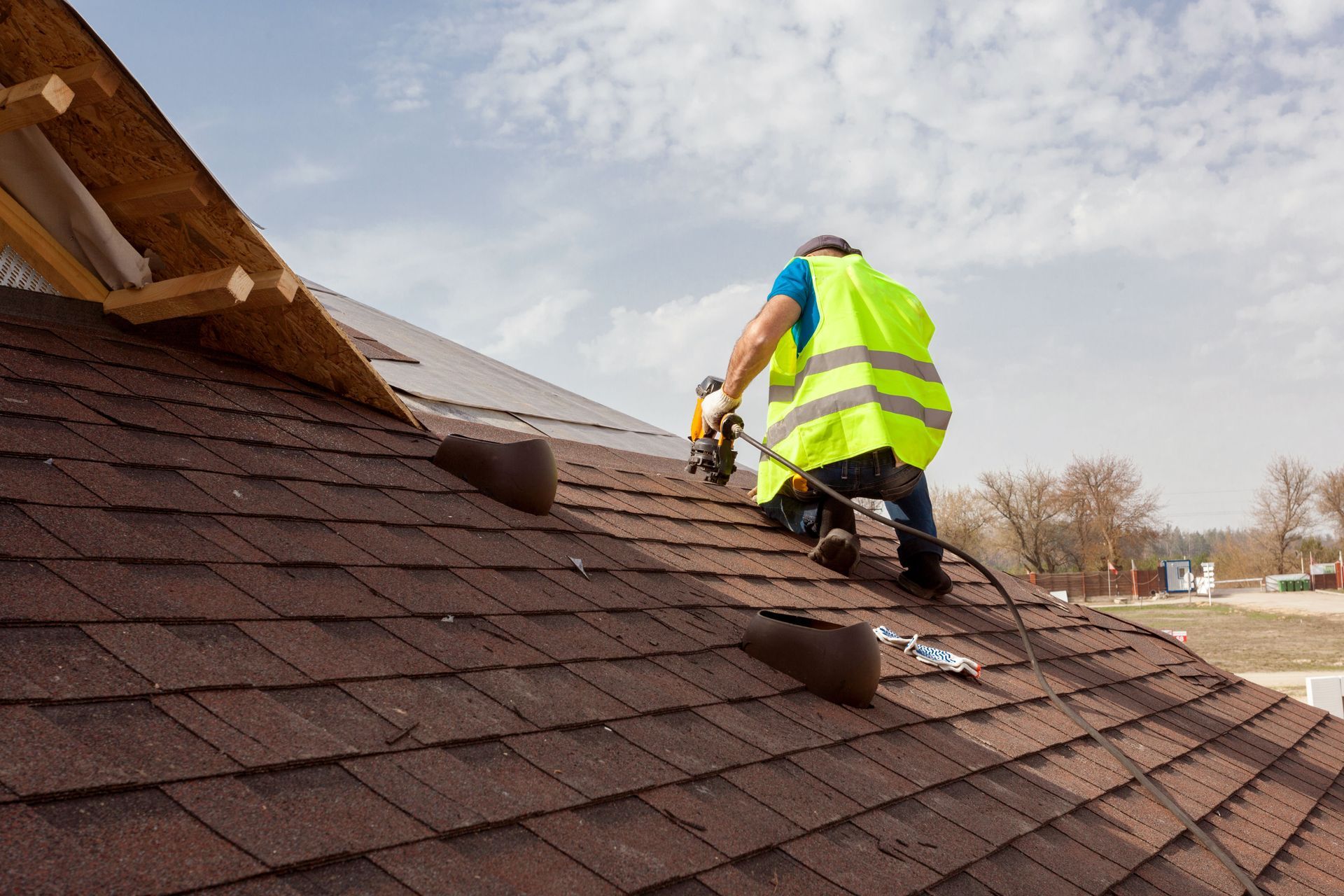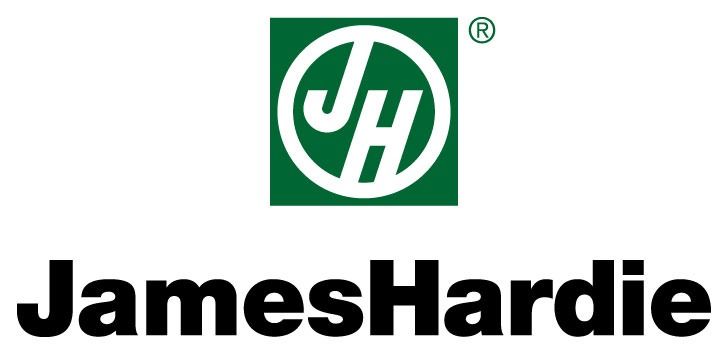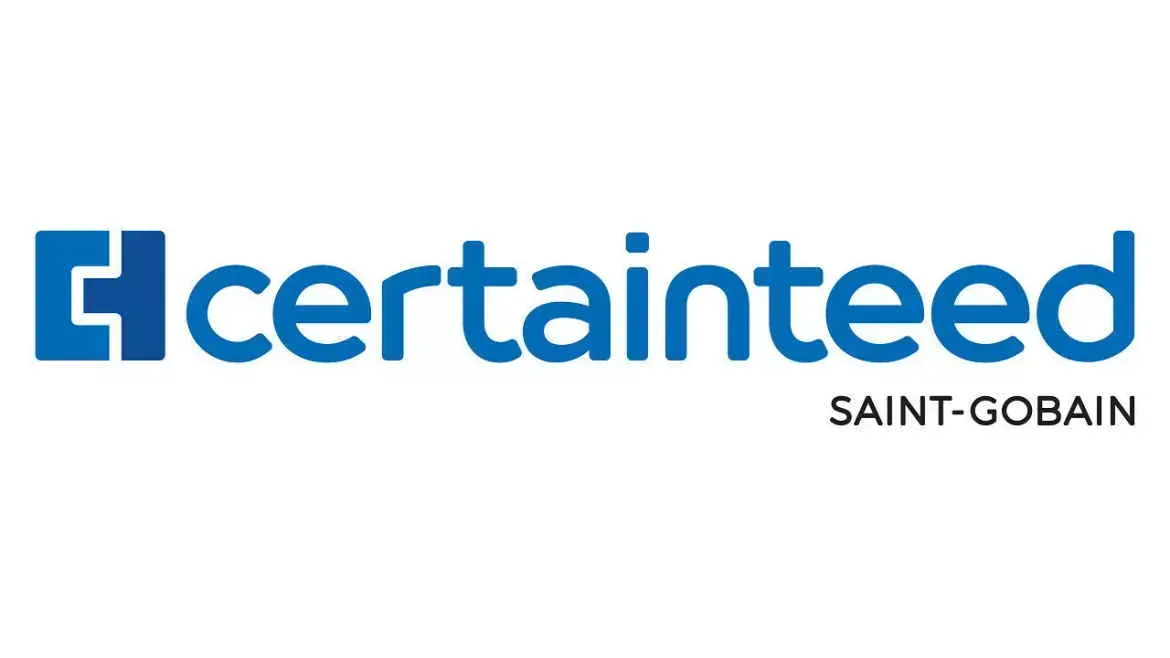October 28, 2025
Choosing the right roofing contractor is crucial to ensuring a successful roofing project. Whether it's a new roof installation or a necessary repair, having a competent professional handle the task provides peace of mind and enduring results. Homeowners often face challenges such as cost discrepancies, quality concerns, and contractor reliability, which makes a detailed evaluation of potential contractors essential. As more than 30% of homeowners have pursued roof-related renovation or repair projects recently, informed choices prevent costly mistakes. Therefore, understanding these key factors will guide you in making the best decision for your roofing needs.
1. Contractor's Experience and Reputation
1.1 Years in Business
The length of time a contractor has been in business serves as a strong indicator of their reliability and success in the industry. Contractors with a substantial track record are more likely to have honed their craft, learning through years of practical experience. This often translates to higher competency in handling a variety of roofing challenges effectively. Customers can trust that seasoned contractors have encountered and overcome various issues, refining their processes for superior results. Thus, longevity in business often correlates with a depth of knowledge and a commitment to customer satisfaction.
1.2 Online Reviews and Testimonials
In today's digital age, online reviews and testimonials have become essential tools for validating a contractor’s reputation. An abundance of positive reviews reflects consistent client satisfaction and strong performance. Conversely, a pattern of negative feedback—particularly when tied to similar issues—can signal potential red flags worth noting. Homeowners should also assess the responsiveness of contractors to feedback, highlighting their commitment to improvement and client care. Sifting through these reviews alongside testimonials can offer a fuller picture of the contractor’s service quality.
1.3 Industry Awards and Recognition
Awards and industry recognitions are another benchmark for assessing a contractor’s standing within the roofing sector. These accolades often result from peer-reviewed evaluations that exemplify excellence in craftsmanship and innovative practices. Contractors who have earned accolades from reputable industry bodies are likely to employ proven techniques and quality materials. Furthermore, awards signal a contractor’s commitment to maintaining high standards, providing clients with additional assurance. Thus, recognizing these distinctions aids in identifying top-tier professionals worthy of consideration.
1.4 Local Referrals
Local referrals act as a highly trusted source of validation due to their community-based origin. Consulting friends, neighbors, or local homeowner associations can yield unfiltered insights into contractors’ performance in your area. Personal experiences are often shared honestly, including the quality of work, professionalism, adherence to timelines, and even customer service aspects. Engaging with past clients allows for direct queries about the durability and ongoing satisfaction with their roofing projects. Such referrals widen your knowledge base, enabling a more confident selection of a suitable contractor.
1.5 Project Portfolio
Examining a contractor’s portfolio of completed projects provides a tangible sense of their expertise and workmanship. An impressive portfolio showcases a variety of projects, highlighting the contractor’s versatility in executing different roofing tasks. Through this, homeowners can evaluate the contractor’s ability to handle projects akin to their needs, ensuring stylistic and functional alignment. The portfolio not only serves as a showcase of quality but also as a testament to the contractor’s transparency about their previous work. This visual assessment aids in confirming the contractor’s capacity to meet your project's requirements effectively.
2. Licensing and Insurance
2.1 Contractor's License
Verifying a contractor’s license is pivotal in confirming their legitimacy and authority to perform roofing services. Licensure assures clients that the contractor adheres to state or local regulations, maintaining necessary qualifications and knowledge standards. Unlicensed contractors may shirk legal and quality standards, resulting in subpar work or legal challenges. Homeowners should request the contractor's license number and verify its validity with the relevant licensing board. This precaution ensures you engage with professionals who are both qualified and compliant with local laws.
2.2 Worker’s Compensation
Worker’s compensation is an essential insurance aspect protecting both contractors and clients. This coverage ensures that workers injured on the job receive necessary medical and financial support, reducing liability for homeowners. Entertaining contractors without workers’ compensation exposes you to potential lawsuits or compensation claims. A comprehensive workers' compensation policy is indicative of a contractor's commitment to responsible business practices. Verifying this insurance protects you from unforeseen liabilities, ensuring a worry-free project experience.
2.3 General Liability Insurance
General liability insurance is another cornerstone of a contractor’s insurance portfolio, protecting against accidental property damage and related claims. This coverage addresses potential mishaps during the roof installation or repair, safeguarding homeowners from financial exposure. Contractors with this insurance demonstrate a professional approach to managing potential risks associated with their work. Homeowners should confirm details about the policy limits and coverage area to ensure comprehensive protection. This peace of mind enables focus on project progress rather than potential perils.
2.4 Bonding
Bonding acts as a financial assurance for clients, safeguarding against incomplete work or substandard performance. A bonded contractor commits to resolving issues such as unfinished projects through a bonding company, serving as an added layer of security for homeowners. Engaging bonded contractors enhances confidence that they are invested in ethical business practices. Moreover, bonds typically entail background and credit assessments, validating the contractor’s credibility. By selecting a bonded contractor, homeowners mitigate risks associated with potential business or performance failures.
2.5 Verification of Documents
Verifying licensing and insurance documents is a critical step before finalizing a roofing contractor. Authenticating these documents with the respective authorities prevents potential fraud or misrepresentation by unscrupulous contractors. Homeowners should contact relevant insurance or licensing agencies, ensuring all credentials are current and valid. This proactive measure confirms the contractor’s compliance with industry standards, offering reassurance of quality and protection. Conducting due diligence ensures that the contractor is properly credentialed to execute the roofing project competently and legally.
3. Pricing and Estimates
3.1 Detailed Written Estimates
Securing a detailed written estimate from potential contractors is essential to project clarity and financial planning. Comprehensive estimates delineate project scope, materials, labor costs, and timelines, ensuring both parties have a shared understanding. A written estimate minimizes scope changes or ambiguities that could lead to disputes or budget overruns. This document, signed by both parties, legally binds the contractor to deliver specified services at the agreed-upon cost. Thorough estimates contribute to smoother project execution and align expectations for all stakeholders involved.
3.2 Transparency of Costs
Transparent pricing distinguishes reputable contractors from less forthright competitors. It's crucial for homeowners to understand the breakdown of costs, including potential additional charges, to prevent unforeseen financial burdens. Contractors who offer transparency foster trust and facilitate open communication throughout the project. This openness allows homeowners to make informed decisions grounded in economic reality. Opting for contractors who maintain cost clarity prevents subsequent financial surprises and cultivates a trustworthy contractor-client relationship.
3.3 Comparison with Market Rates
Comparing contractor estimates with prevailing market rates ensures fair pricing and value for money. Homeowners should solicit bids from several contractors, creating a foundational baseline for evaluating pricing structures. Rates that significantly deviate from the norm, whether high or low, warrant deeper investigation into potential benefits or risks. Competitive pricing, coupled with quality assurances, underscores a contractor's commitment to honest business practices. Such comparisons empower homeowners to negotiate favorable terms and select contractors offering optimal value.
In summary, selecting the right roofing contractor involves evaluating numerous factors, each contributing significantly to the success of a roofing project. From assessing experience, reputation, and material quality to verifying licensing and sifting through warranties, these criteria ensure a comprehensive vetting process. According to This Old House, in the past three years more than 30% of homeowners pursued roof-related projects such as renovation or repair. By examining and prioritizing each aspect outlined, homeowners can make informed decisions that align with their needs and expectations. This approach not only safeguards financial investments but also ensures project satisfaction and peace of mind. Ultimately, thorough assessment leads to choosing a contractor capable of delivering a high-quality, durable roofing solution. Be sure to reach out to Top Notch Roofing Siding today for more information on our professional roofing contractor!










